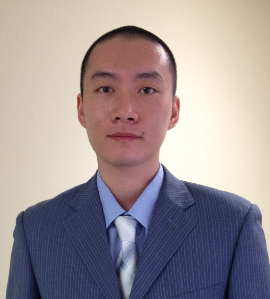Modelling the health and economic impact of non-communicable disease interventions: microsimulation
About Modelling the health and economic impact of non-communicable disease interventions: microsimulation
Presenter
King Wa Tam - PhD Confirmation Review milestone presentation
Advisors
Dr Lennert Veerman and Dr Jan Barendregt
Overview
The burden of disease has shifted from communicable diseases to non-communicable diseases over the past decades both in developing countries and the developed countries. In Australia, non-communicable diseases contribute to 85 per cent of the total burden of disease and injury, and a large part of that burden can be attributed to obesity-related risk factors such as high blood pressure, high body mass, physical inactivity, and high blood cholesterol. While there are quite a number of preventative public health interventions that may be effective in reducing that burden, decision makers need additional information to decide which of these are also cost-effective and how cost-effective they are in comparison to each other.
Randomised controlled trials are usually too costly to be conducted over a long duration or on a sufficiently large scale to represent the whole population. Sometimes they are infeasible for certain types of population-wide interventions such as those involving taxation. Therefore, there is a need for simulation models to be used to synthesise available empirical data from a variety of reliable sources, to generate likely outcomes under different hypothetical scenarios. A microsimulation model simulates life events of a synthetic cohort at the individual level. It generally allows for more complexity and heterogeneity, while having more data requirements than macrosimulation. While the use of macrosimulation has been commonplace in public health, the development of microsimulation has been fairly recent and should be further explored.
The aim of this PhD project is to create a generic microsimulation model for the Australian population and evaluate a range of different health care interventions that target obesity-related risk factors and sedentary lifestyles. For the input parameters of the model, trends in body mass and life histories of body mass are estimated using age-period-cohort analysis with cross-sectional national health surveys. The project will also examine how much energy Australians would consume and expend over their lifetime in accordance with their body mass based on their demographic attributes.
Brief Bio
King is a PhD student at the School of Public Health at UQ, with a background in economics and econometrics. He received a Bachelor of Economics (Quantitative Methods) from UQ and a Master of Business (Economics) from QUT. His research interests include statistical modelling, health economics, and non-communicable disease modelling.
